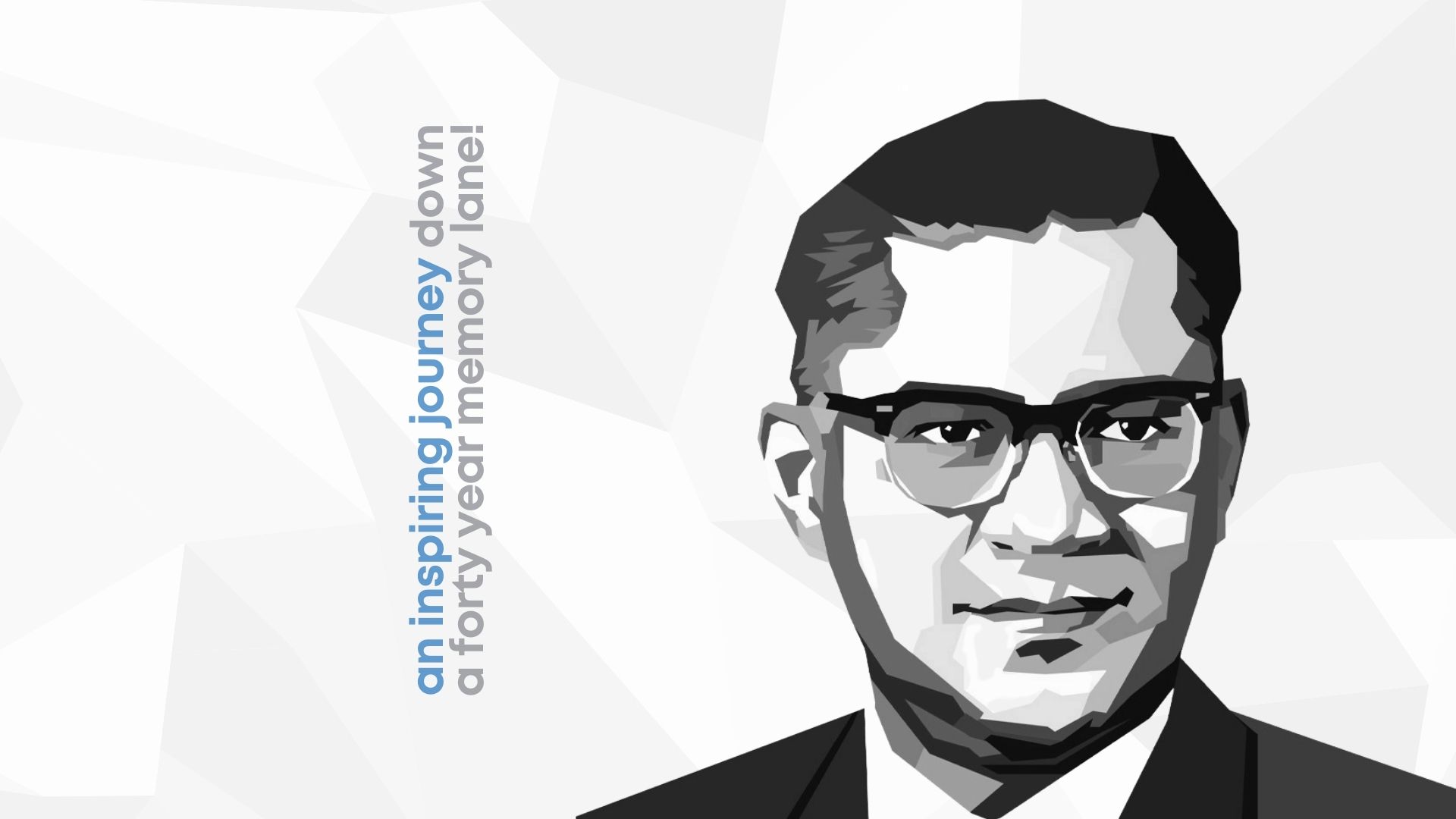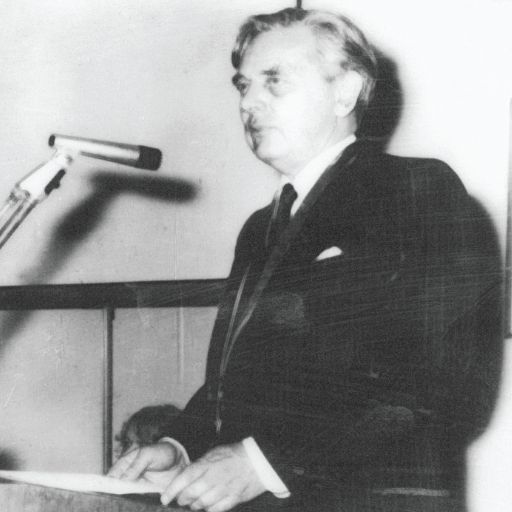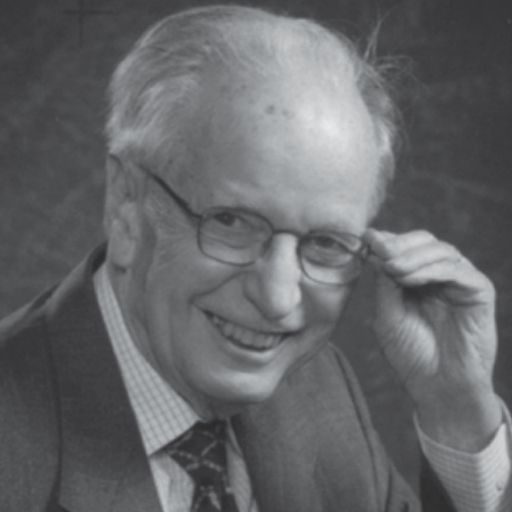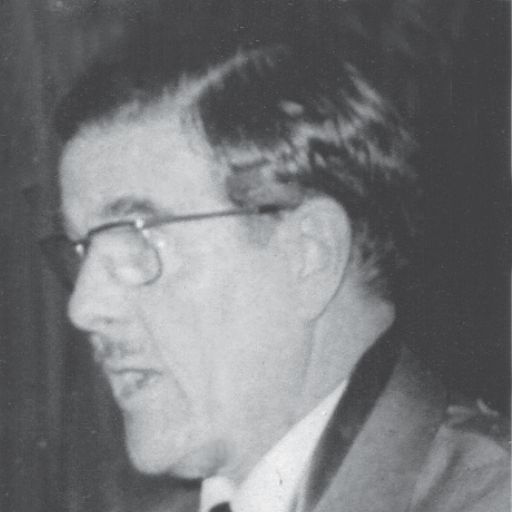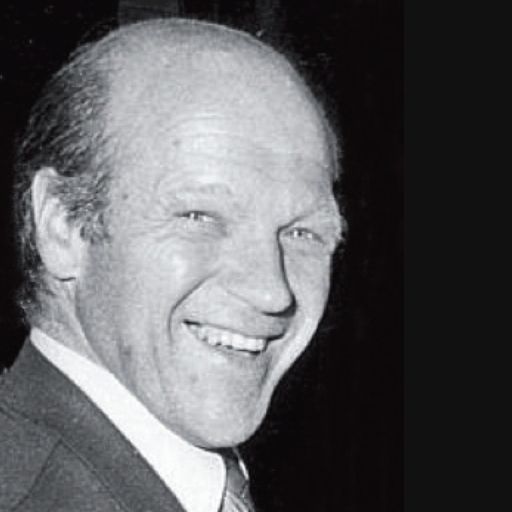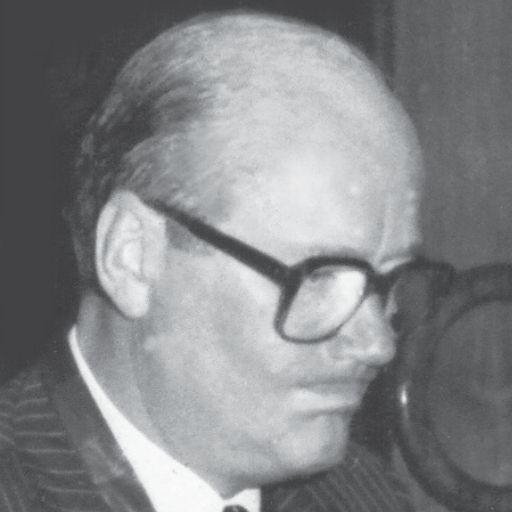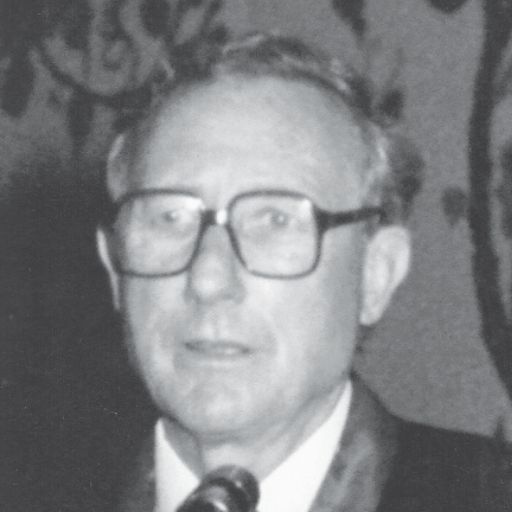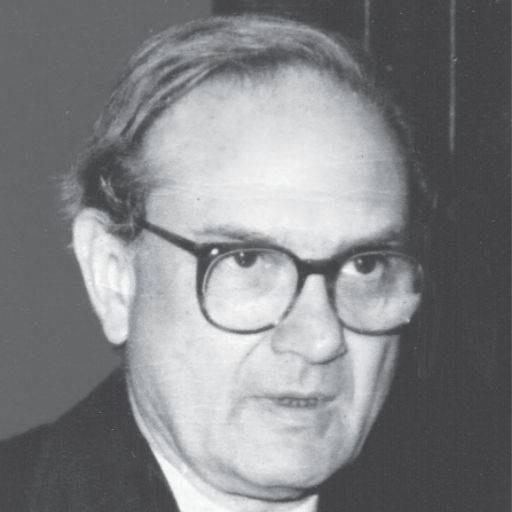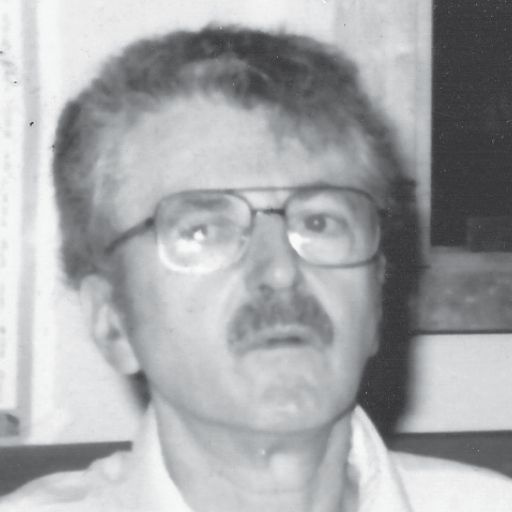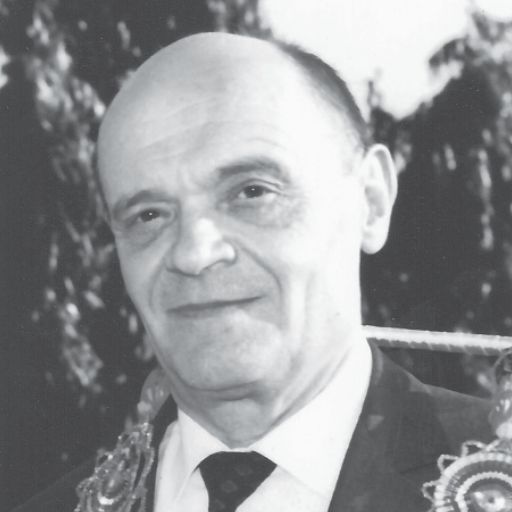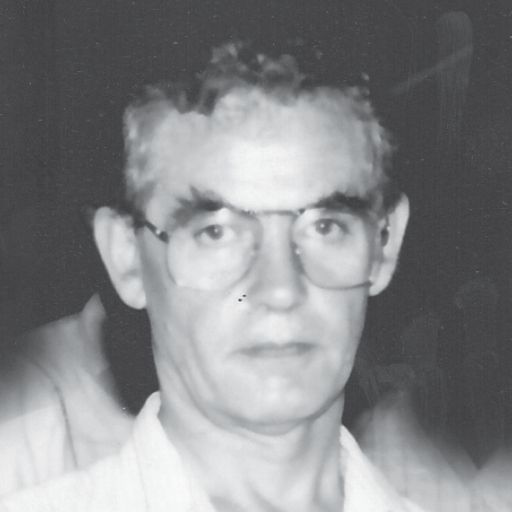1982
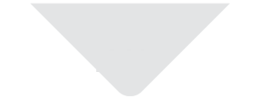
Year 03
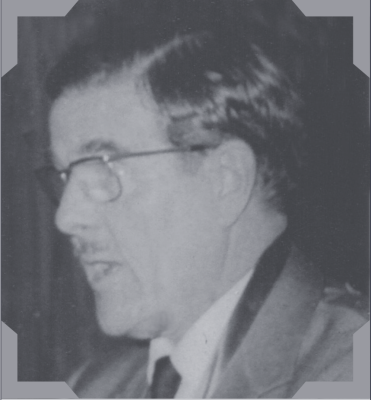
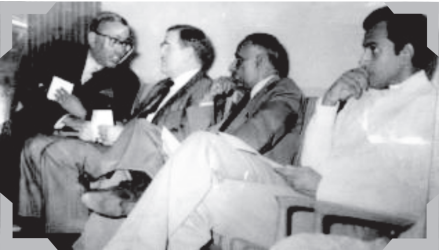
Prof. Sir John N. Walton
Professor & Head, Department of Neurology University of Newcastle-upon-Tyne, United Kingdom
THEME: THE SCIENCE OF CLINICAL NEUROLOGY
It is my hope and intention to demonstrate that despite the burgeoning developments in medical
science resulting from so called high-technology medicine, the practice of neurology in a clinical
setting is, in fact, a precise and exact science, which must be learnt and nurtured by any neurologist
in training in order that he may understand and appreciate how best to use the investigative tools
which other branches of science have put at his disposal. The clinical examination must be
comprehensive and complete. Systemic disorders must be looked for, as the neurological
manifestation may be secondary to this. The physical signs may provide a clue as to whether there is
a focal lesion like a tumour or infarct, or a neurological system illness like motor neurone disease,
involving the anterior horn cell. The mode of onset, which is sudden in an infarct, sub-acute in
inflammatory disease and slow in a degenerative neurological disorder or neoplasm may be more
indicative of the pathology of the disease. With the clinical findings, the differential diagnosis is
arrived at in order of probability and a planned program of investigation is chalked out accordingly.
